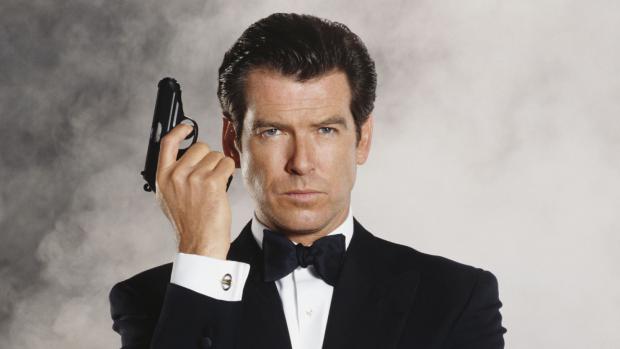Amazon Sparks Controversy by Removing Guns from James Bond Posters
Amazon's decision to digitally remove firearms from James Bond movie posters on Prime Video sparks debate about cultural preservation and corporate influence over classic cinema.

Side-by-side comparison of original and modified James Bond movie posters on Amazon Prime Video
Digital Alteration of Classic Bond Marketing Raises Cultural Preservation Concerns
In a move that highlights ongoing debates about digital content preservation and traditional values, Amazon has quietly modified the promotional posters for its entire James Bond film collection on Prime Video by removing all firearms from the imagery.
Systematic Changes Across the Franchise
The modifications span the entire Bond franchise, affecting promotional materials from Sean Connery's classic era through to Daniel Craig's final appearance in "No Time to Die." These alterations, similar to concerns raised about digital content sovereignty, represent a significant departure from the original artistic vision.
Fan Response and Cultural Impact
The changes were first identified by social media users, with film enthusiast John A. Douglas sharing comparative images that revealed the extent of the digital modifications. The alterations have sparked discussions about institutional governance and corporate influence over cultural heritage.
Notable Modifications Include:
- Roger Moore's "A View to a Kill" poster now shows him standing passively in formal attire
- Pierce Brosnan's "GoldenEye" artwork has been altered to show a clenched fist
- Daniel Craig's "Spectre" poster has been cropped to eliminate weapon visibility
"Amazon have removed the guns from their Bond posters, giving the tantalising impression that Sean Connery and Pierce Brosnan think you're a wanker," noted social media user Rufus Jones, highlighting the unintended consequences of the digital alterations.
Implications for Cultural Heritage
These modifications raise important questions about the preservation of cinematic history and the extent to which digital platforms should alter classic promotional materials. The situation mirrors ongoing debates about corporate responsibility and cultural authenticity in the digital age.
Letsile Tebogo
Lawyer and columnist, expert in traditional values and economic policy.
